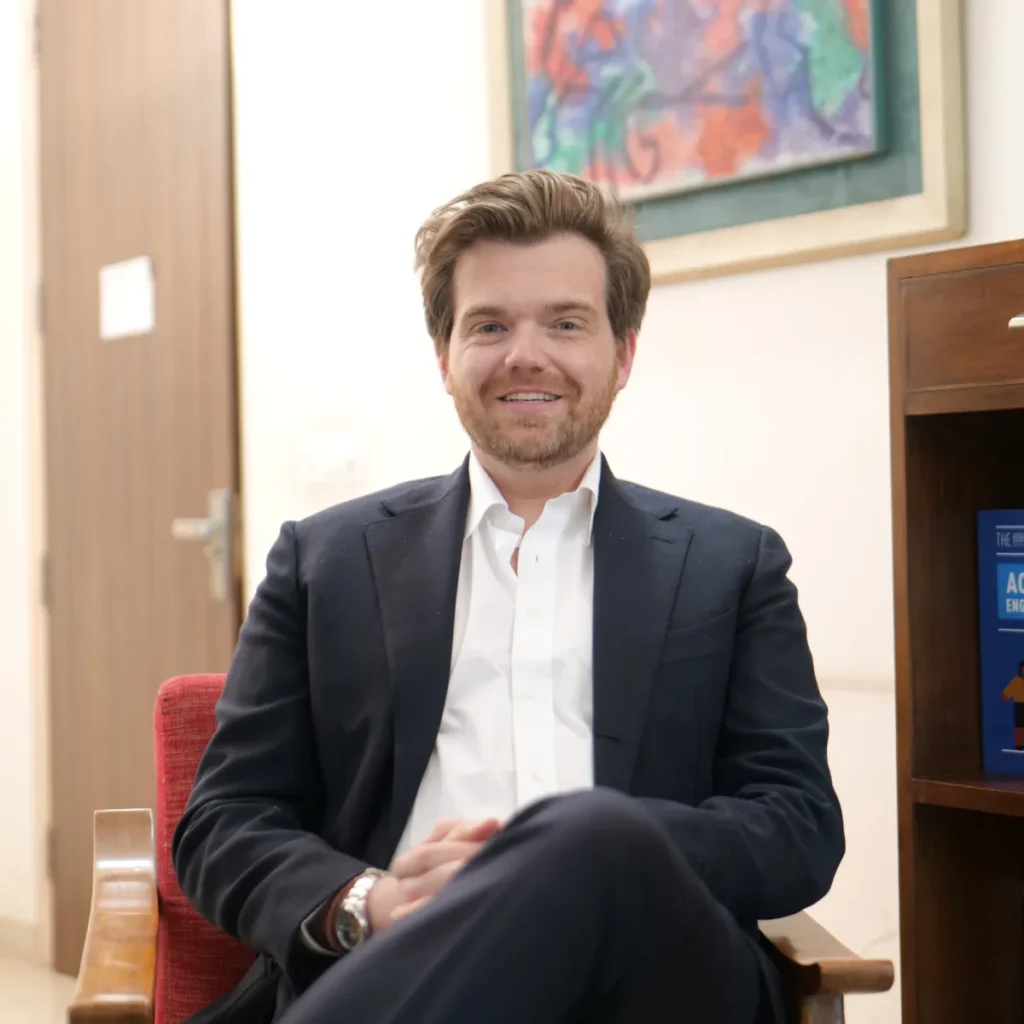The Discover Winter School in Gender Studies presents a month-long virtual course, to acquaint young researchers with the foundational concepts, theoretical histories, and critical debates within the intersectional discipline of Gender Studies. The program strives to promote critical thinking in the assessment of gendered frameworks in domains including international relations, economics, film studies, and more, cultivating an atmosphere of scholarly advancement centered around diverse facets of gender in South Asian contexts.
All participants will be offered a certificate of completion at the end of the program, and will be provided the opportunity to connect with fellow participants to foster further discussion.
The Winter School in Gender Studies offers a curriculum designed to enhance student learning experience through interactive assessments and group activities, under the guidance of cutting-edge academics. The virtual format of the program enables students to connect with our educators from across the world, offering their expertise in multiple domains in Gender Studies.
The Winter School will be held from 6th January to 22nd January 2025, and sessions will be scheduled between 5-6.30 pm IST on each day. All sessions are virtual.
The program will be split into five 1.5 hour lectures over the course of 1 month, accompanied by short quizzes, tutorial discussions, and short written assessments.
The program will cover fundamental concepts and critical approaches to gendered frameworks of analysis in a variety of disciplines, with session titles listed below. Further information on necessary readings and prescribed texts will be provided upon registration.
The Winter School is open to young students (aged 15 and above), who are presently enrolled at the high-school or undergraduate level. Students who have graduated within the last year are also permitted to register.
The cost to attend the Discover Winter School is ₹7000 + GST

is a PhD researcher at the Geneva Graduate Institute and an affiliate with its Gender Centre. She has a Master of Public Policy from the Hertie School of Governance in Berlin (cum laude) and a B.A. in Gender, Sexuality and Society and
Psychology (summa cum laude). Dhouha is currently affiliated with the Carnegie Corporation of New York and the Centre for Maghreb Studies in Tunis as a research fellow. Dhouha’s research explores gendered labour relations with the context of agrarian transformations and rural movements in postrevolutionary Tunisia. Her focus encompasses feminized and embodied labour, social reproduction, and the shifts in the gendered division of labour in contentious contexts. Her research methodology is deeply rooted in ethnographic principles, often involving hands-on experiences working on various farms across diverse regions of Tunisia.
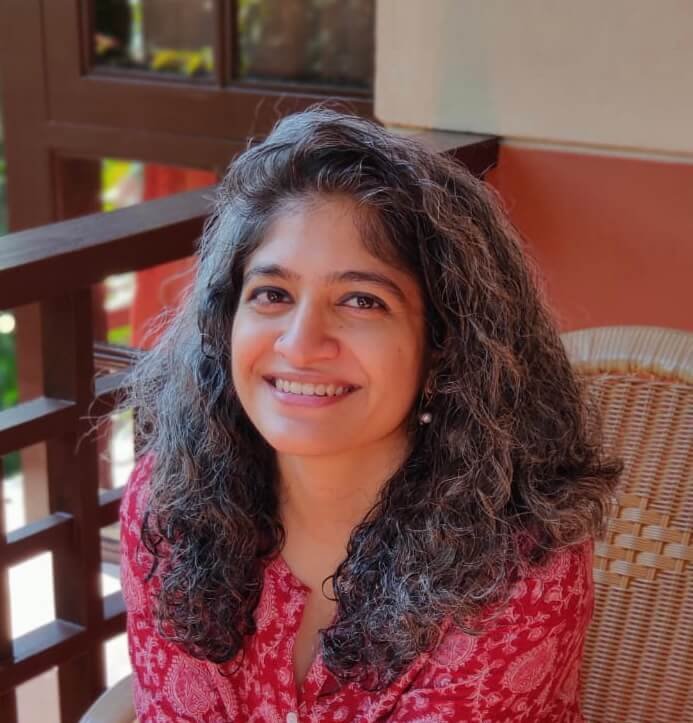
is a doctoral candidate in the Department of Religion at Columbia University in the City of New York. Her current research focuses on ritual possession specialists in the southern Indian state of Kerala. Her teaching and research interests include labor relations in the field of religion, the local histories and trajectories of religious traditions in the Indian subcontinent, and the politics of knowledge production within religious communities.

holds a PhD in Culture, Media, and Creative Industries from King’s College London. Her doctoral research explored how second-generation South Asian Muslim young women living in Europe navigate and represent their intersecting identities within digital media cultures. Her research interests include gender, feminism, and media; identity and media; media representation and critical discourse; as well as contemporary media culture, diversity, and inequality. Maria has worked as a lecturer and guest teacher at King’s College London and the London School of Economics and Political Science, where she has taught various media and cultural studies modules at both undergraduate and postgraduate levels.
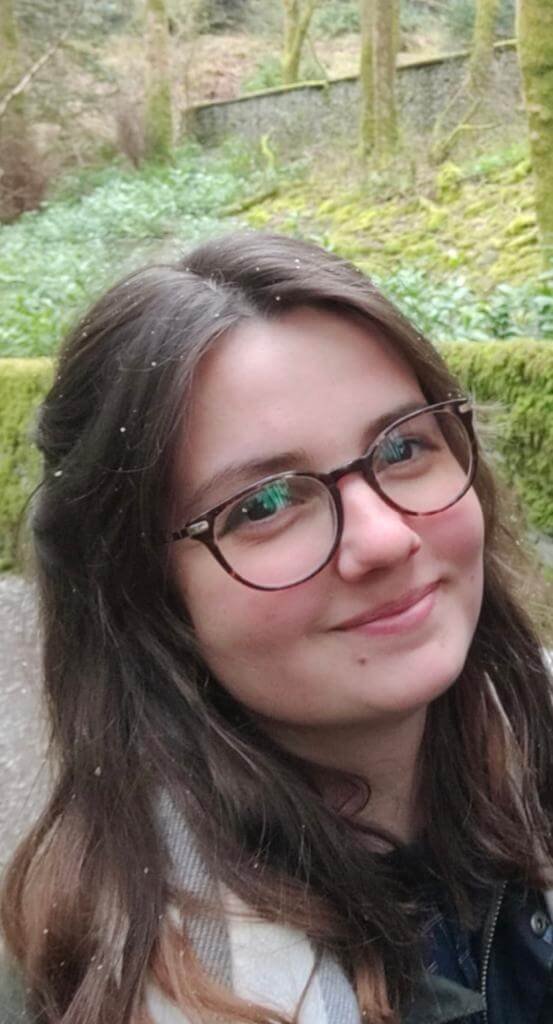
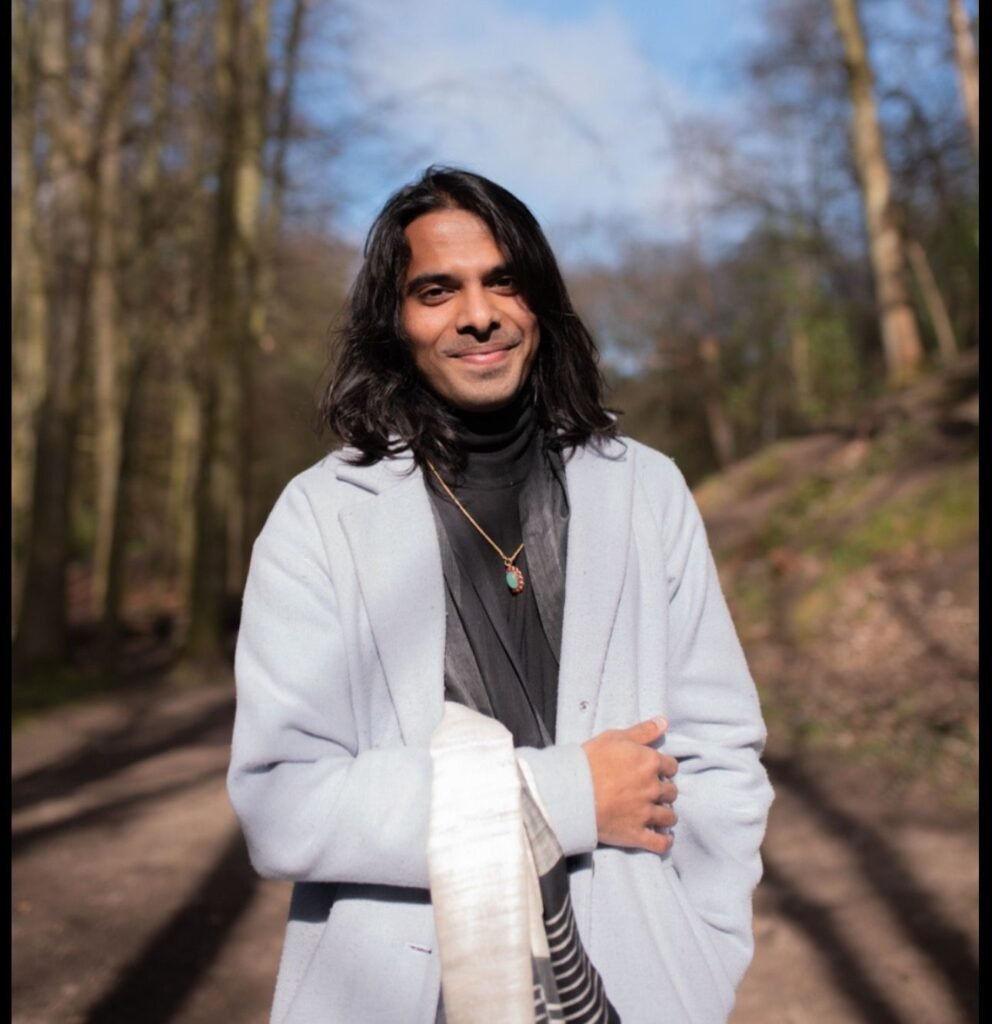
The Winter School in Gender Studies will consist of 5 interactive lectures to critically engage with gender in our everyday lives.
Q Manivannan: Introduction to Gender Studies: Key Concepts, Theories, Histories 6th January 2024 (5 – 6.30 PM IST)
Why is it important to study and have a critical understanding of gender in our everyday lives? How does it manifest in politics, market economies, households, conflicts, governments, and knowledge systems? This lecture will introduce you to key theories and concepts in Gender Studies, from questions of history and biological essentialism to reimaginations of the gender binary. It engages with historical debates in gender and sexuality, and reviews academic discourses surrounding intersectionality, culture wars, caste, religion, economics, and politics.
The lecture will question modern discourses on gender and trans inclusion, alongside reviewing cases of women and queer rights movements across the past decades (and centuries, even)! From Judith Butler to Andrea Dworkin, and Gayatri Spivak and Sharmila Rege to Ratna Kapur and Iris Marion Young, we will attempt to question what it means to live embodied lives, and how care, joy, and grief have accompanied questions of gender across space and time.
Dhouha Djerbi: Feminist Political Economy 101: Introduction to Social Reproduction 10th January 2024 (Friday, 5 – 6.30 PM IST)
This introductory lecture delves into core concepts of feminist political economy, with a focus on the gendered division of labor. We will explore the critical role predominantly played by women in maintaining household labor and care work—often referred to in feminist scholarship as social reproduction. Despite being essential to the sustenance of individuals, households, and communities, this labor remains largely invisible and is seldom acknowledged in mainstream economic thought.
We will examine key issues such as the double burden faced by women, time poverty, and the significance of households as ‘social factories’ within the current economic system, both in India and globally. In the subsequent workshop, we will apply these theoretical insights to real-life case studies, exploring how scholars from political economy to sociology utilize various tools and methodologies to understand social reproduction. By the end of this course, you will have developed a strong theoretical foundation and practical analytical skills for understanding the gendered dynamics of the economy.
Shweta Radhakrishnan: Thinking with Monsters: Gender, Sexuality and the construction of the Monstrous Other
13th January 2024 (Monday, 5 – 6.30 PM IST)
In this session, we will explore some regional myths and stories about monsters that dot our landscape, and examine the role that gender and sexuality have played in the construction of these figures as the terrifying Other. Focusing on figures like the yakshi, the churail and the witch, we will read a range of writing that helps us understand what transgressions mark the transformation of a figure from benign to monstrous. Drawing upon a range of sources, from novels and paintings to regional cinema, we will collectively try to unpack the conditions in which certain women are transformed into threatening figures. We will also explore the ways in which these figures have been reclaimed and the possibilities that figures like these opened up.
Dr Maria Paola Pofi: Feminist Media Studies
17th January 2024 (Friday, 5 – 6.30 PM IST)
In this workshop on Feminist Media Studies, we will examine how media and communications intersect with gendered power dynamics. We will begin with an overview of early feminist media studies, which focused on content analysis to highlight the absence and stereotypical portrayals of women in media. We will then explore how poststructuralist, Black feminist, and postcolonial theories have expanded our understanding of power, ideology, representation, subjectivity, and gender. Our discussion will cover the ways media serve as crucial sites for both reinforcing and potentially resisting intersectional gendered power relations. Key concepts such as intersectionality, the gaze, the politics of visibility, and issues related to advertising, the fashion and beauty industries, as well as the mediation of feminisms and sexism, will be analysed to understand their impact on feminist theory and social discourse.
Louise Courbin: Gender and Politics: Exploring the Gendered Dynamics of International Relations 22nd January 2024 (Wednesday, 5 – 6.30 PM IST)
In this introductory workshop, we will delve into fundamental concepts that underpin the understanding of the role of gender in shaping global politics, conflicts and peace. We will begin by delving into the gendered lens through which international politics is viewed. Understanding how gender influences power structures, policies, and decision-making processes on the global stage is crucial. A significant portion of the workshop will also be dedicated to the intersection of gender and conflicts in international relations. We will analyze how the theoretical perspectives of gender identities and roles allow for deeper and more complex understanding of the onset, escalation, and resolution of both peace and conflicts worldwide.
Building on feminist scholarship, we will examine the concept of social reproduction in an international context. This will include discussions on the often invisible but critical roles that individuals, predominantly women, play in sustaining societies and communities during times of conflict and how gendered lenses have distorted these realities. We will therefore critically assess mainstream international relations theories and policies to highlight the need for a more inclusive and gender-aware approach to global issues. This workshop is designed to provide you with a comprehensive theoretical foundation in the international politics of gender but also introduce practical analytical skills to comprehend and critically assess the gendered dimensions of global politics.

“I’ve joined the course owing to my passion for unraveling the intersections of gender expression and politics.
Excited to connect with brilliant minds and deepen my understanding.”
“I’m excited to be learning about gender under the guidance of some of the best lecturers in the field of gender studies. I look forward to being enriched with more knowledge about gendered roles in society and how it plays along with major events like colonization in the South Asian region.”


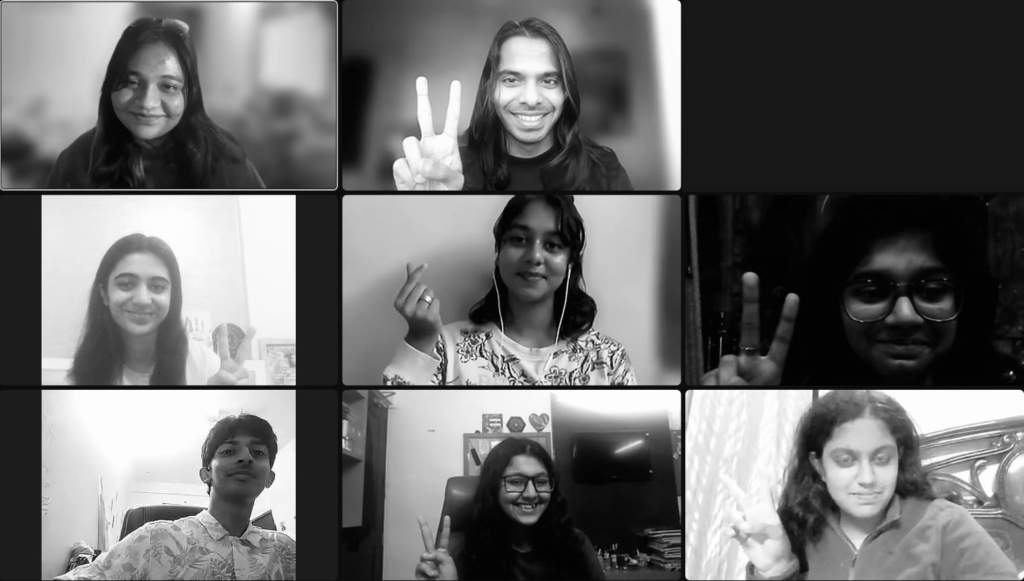
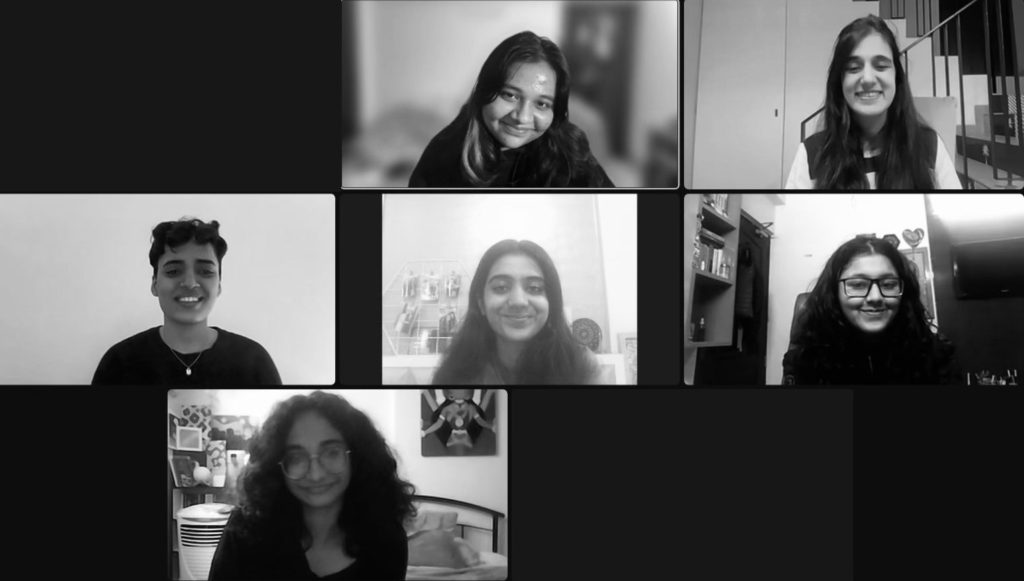
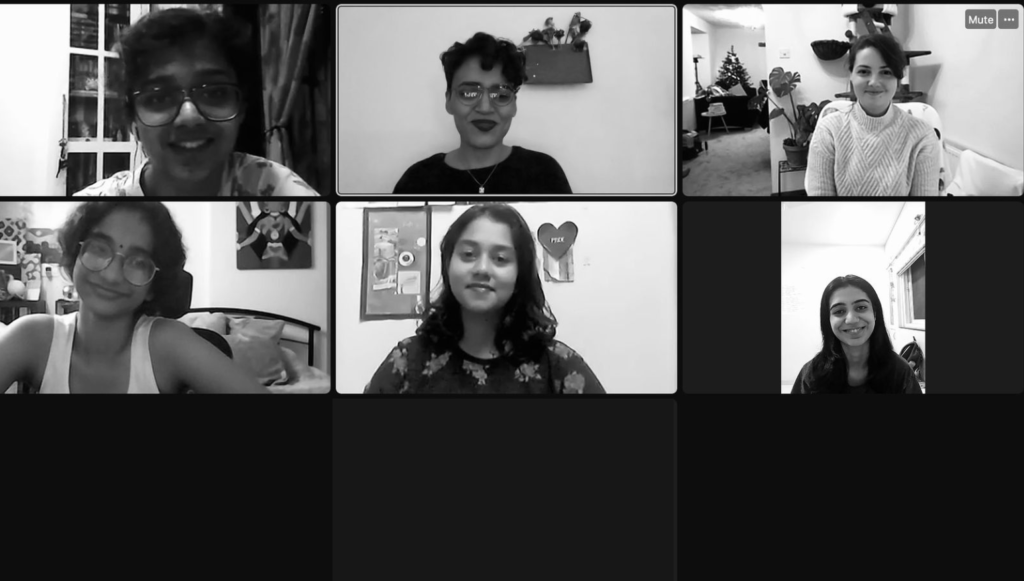
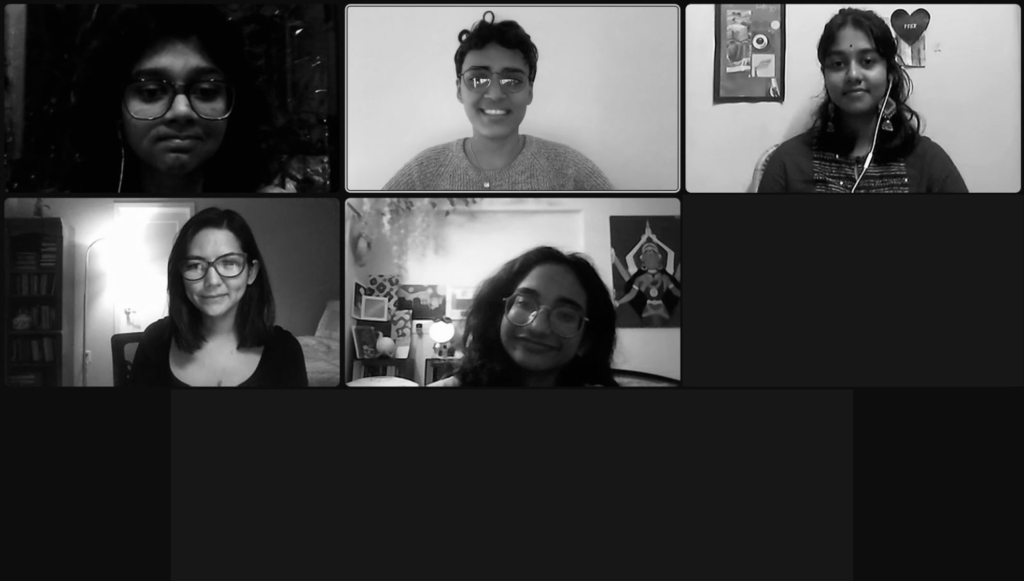
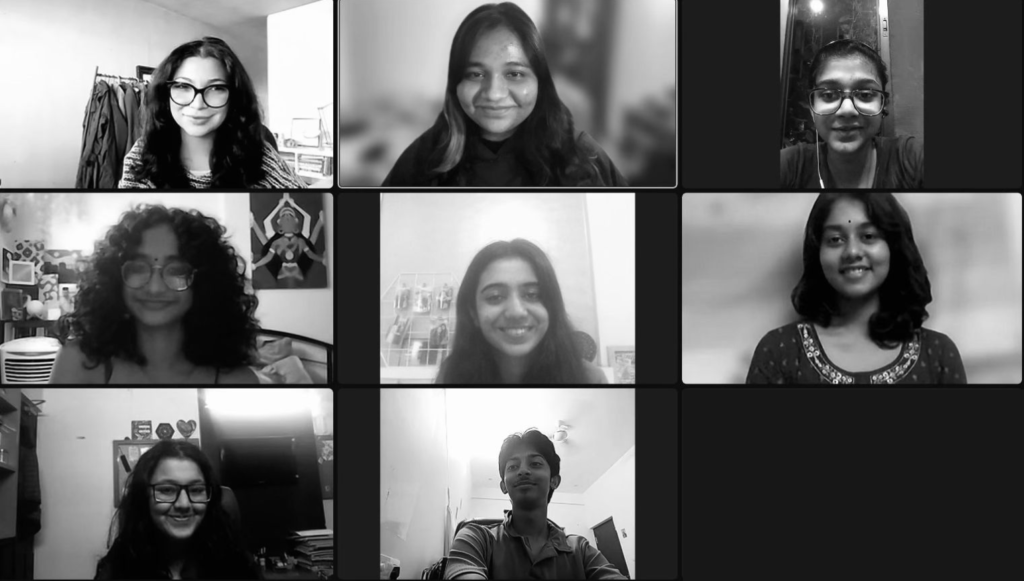
In case of escalations, please contact q@essai.in
If you are an academic who is interested in mentoring students with us, please refer to the recruitment page here.
A focused, 2-day admissions workshop that helps students move beyond grades and random activities to build a clear, credible profile aligned with their intended major, leadership goals, and top university expectations.
